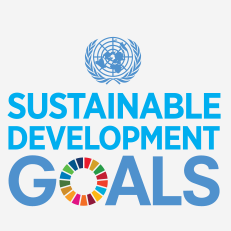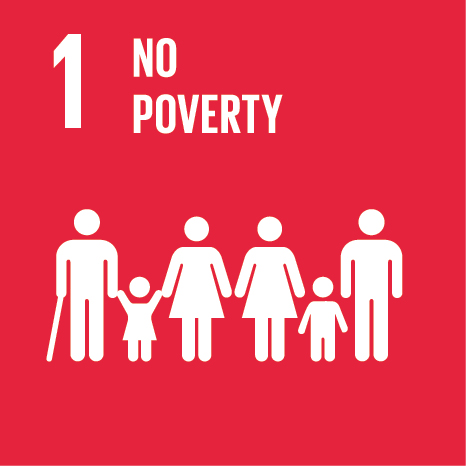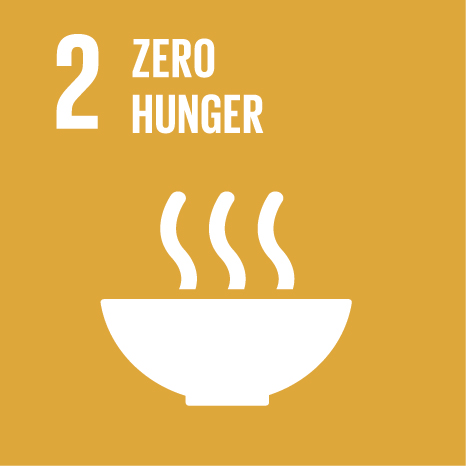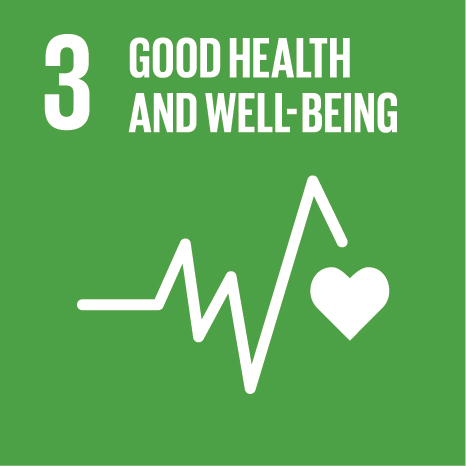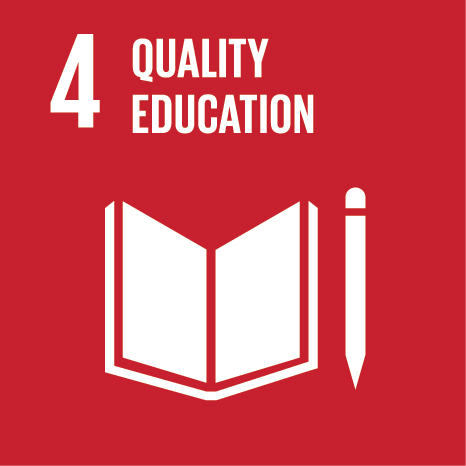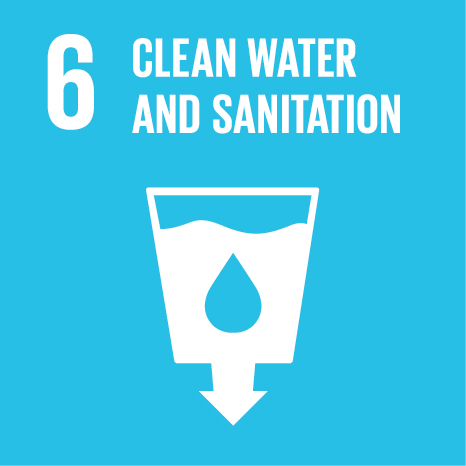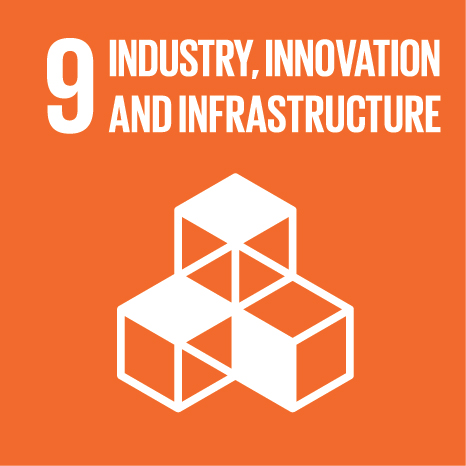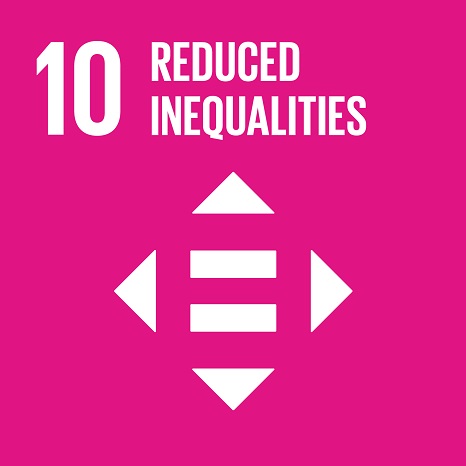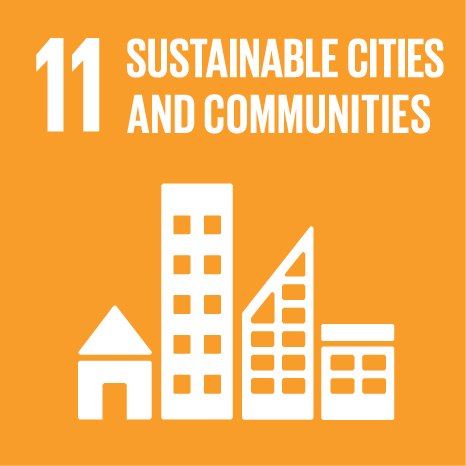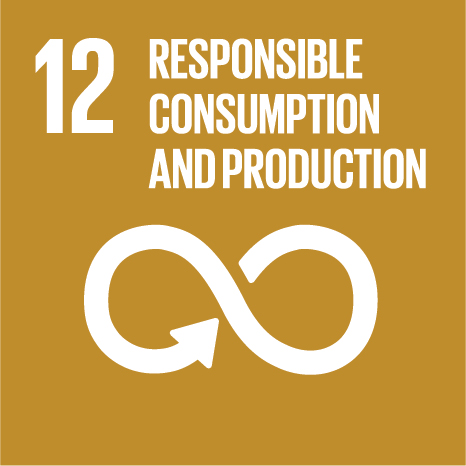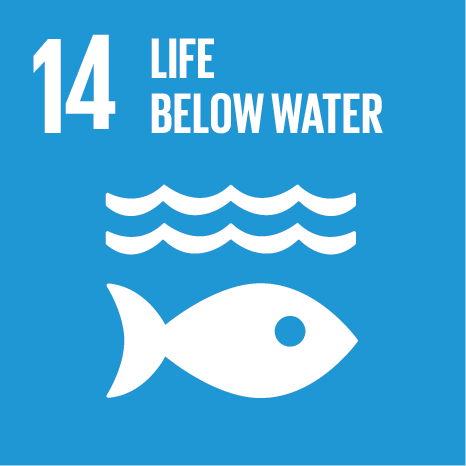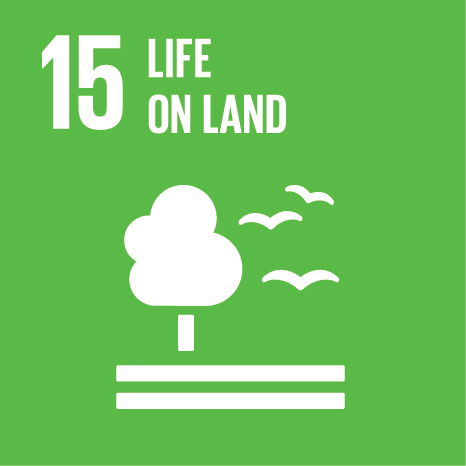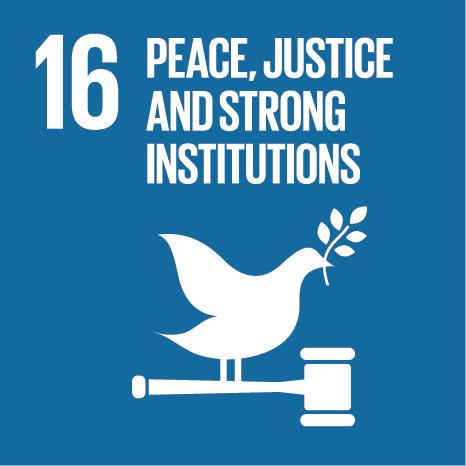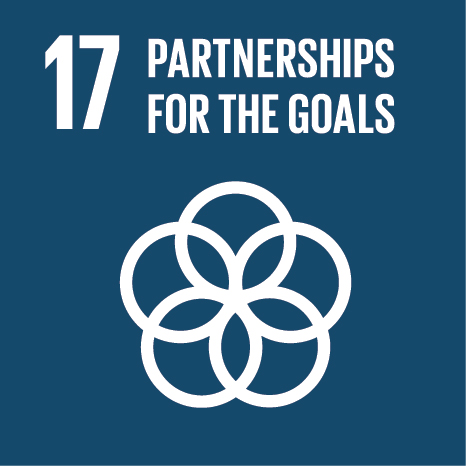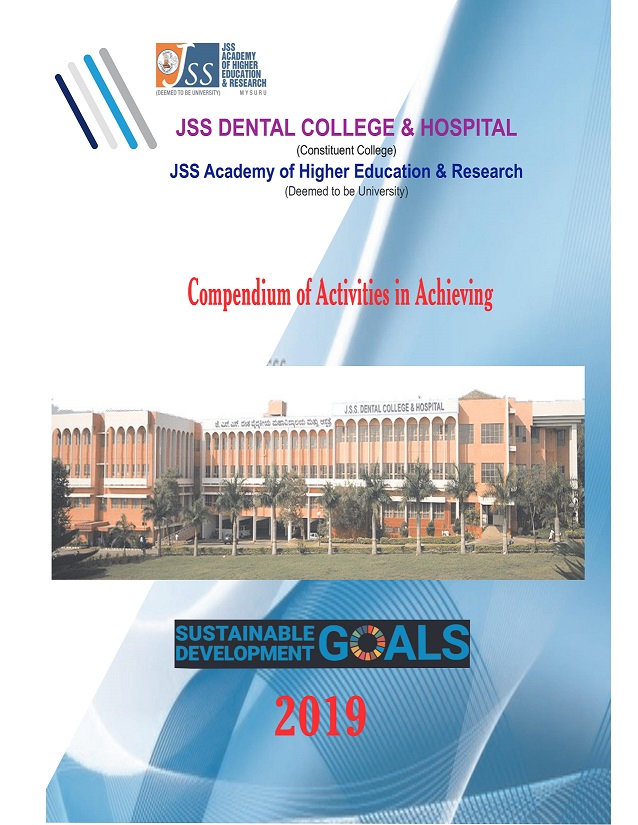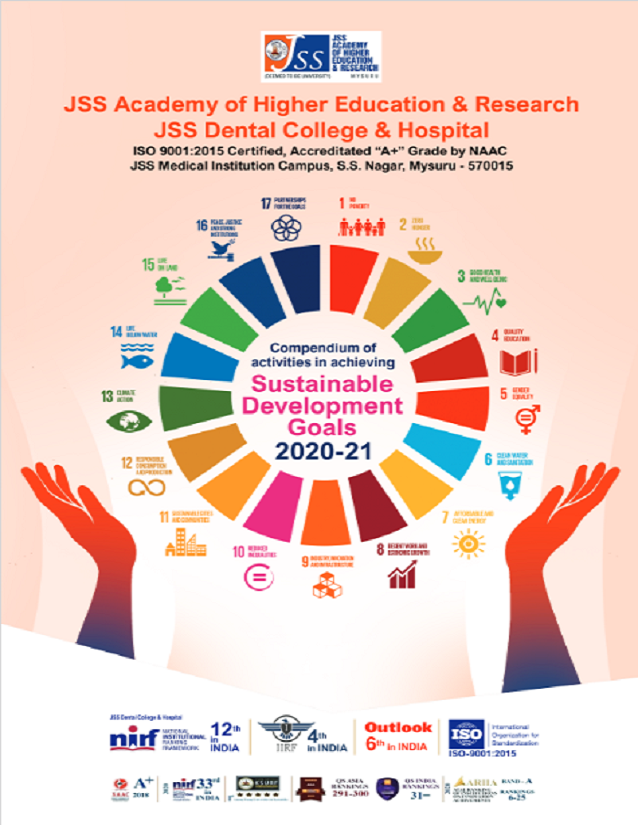The UN/WHO Sustainable Development Goals (SDGs) aim to transform the world. They are a call to action to end poverty and inequality, protect the planet, and ensure that all people enjoy health, justice, and prosperity. It is critical that no one is left behind. In 2015, all the countries in the United Nations adopted the 2030 Agenda for Sustainable Development. It sets out 17 Goals, which include 169 targets. These wide-ranging and ambitious Goals interconnect. The WHO is helping promote health and sustainable development among key stakeholders by engaging with them to assess, align, accelerate and be accountable in realising these goals by providing compilation of methods, diagnostic tools, guidance documents and mechanisms to help achieve the Sustainable Development Goals (SDGs).
Towards its commitment of being socially responsible the JSS Academy of Higher Education & Research, Mysuru, has been working individually and in coalition with the government and private sectors to actively contribute to the realising of the SDGs by practicing the principles laid out in the SDGs, create awareness, and supporting other organisations. Some of such initiatives include:
The Sustainable Development Goals (SDGs)are longstanding tradition and heritage of India. As the fastest growing major economy of the world, India is uniquely placed to deliver on its commitments to inclusive and sustainable development. Externally the country has played a key role in shaping the SDGs and ensuring the balance among its three pillars ie economic, social and environmental. Internally, it has launched many programs to make progress towards these goals. India is committed to achieving within a short period such ambitious goals such as universal rural electrification, road and digital connectivity for all, massive expansions of clean and renewable energy, sanitation, Universal Health Care, housing for all and universal elementary school education.
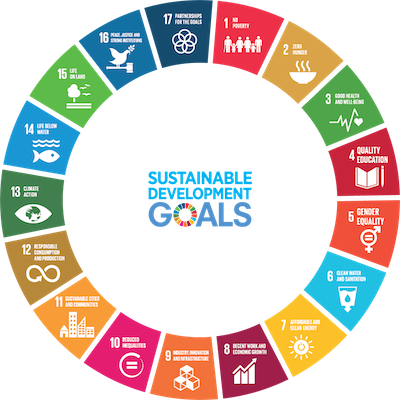
Government of India has sponsored schemes to provide employment, connect villages to cities through roads, build houses for the poor and offer education in the states, various subgroups from Government and Private sector have come forward to give valuable advice to the central government on such important matters as digital payments, skill development and the Swachh Bharat Abhiyaan (Clean India Campaign). India remains committed to protecting the environment. Under its Nationally Determined Contributions, India has ambitiously committed to reducing the emissions intensity per unit of GDP by 33% - 35% by 2030. Stakeholders from various walks of life, central and state governments, industry, civil society, technical experts, and academics are coming together to promote SDGs for a better future.
SDGs are met through high standards of governance at all levels to bring about the change India needs. NITI Aayog is encouraging states and union territories to share inter alia any new knowledge or good practices from various fields to fast track the implementation of SDGs across the country. NITI Aayog has also published a volume of such best practices from various states in the country. An important role is being played by Civil Society Organizations that have been working on SDG-related issues from the grassroots to the national level.
JSSAHER is nationally and globally known for its sustainable development practices, and is now well reflected in Times Higher Education -Innovation & Impact Ranking and National Institutional Ranking Framework (Outreach and Inclusivity) by sustaining the top 3 position nationally and top 100 position globally for 5 exclusive SDGs Individually and at top 200 position globally for overall collective performance in all the 17 SDGs among 1115 participated Universities/HEIs, with a total score of 80.3 /100 . JSSAHER secured top 50 position in SDG 2 -No Poverty and top 100 position in four SDGs namely SDG3 -Good Health and wellbeing (52nd Rank), SDG 15-Life on Land (70th Rank), SDG 13- Climate Action (81st Rank) and SDG 12- Responsible Consumption &Production (97th Rank).The rankings reflect the values which JSSAHER cherishes and is concerned about nationally and globally - that is alleviating poverty, providing good health, support climate and environment sustainability and equity of resources. JSSAHER continue to strive to make this world a better place as we are not only responsible but also answerable to future generations.
